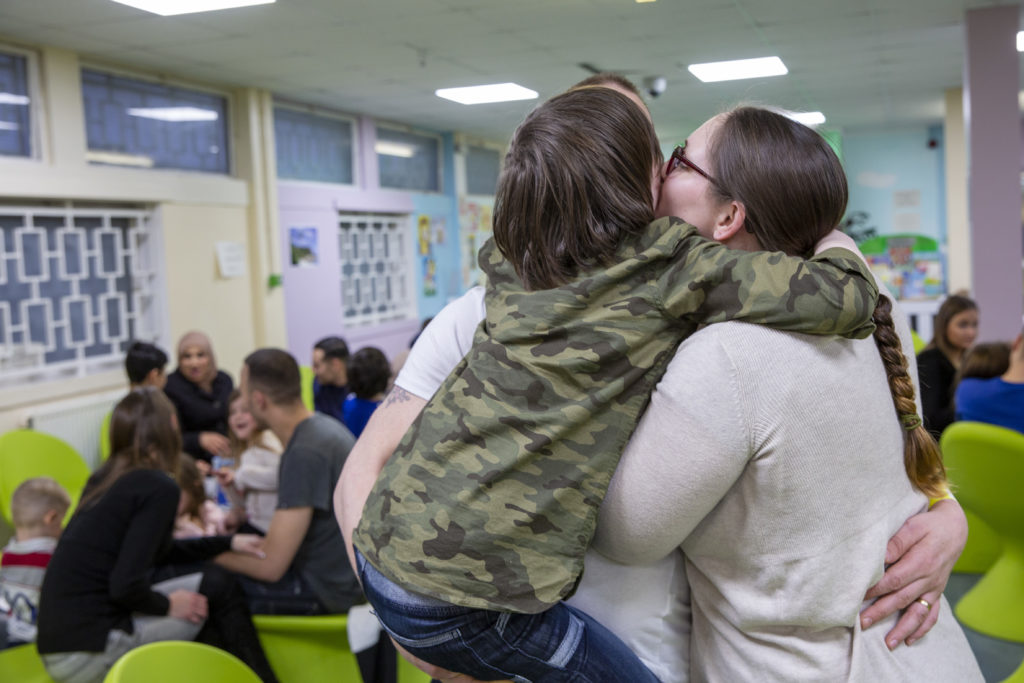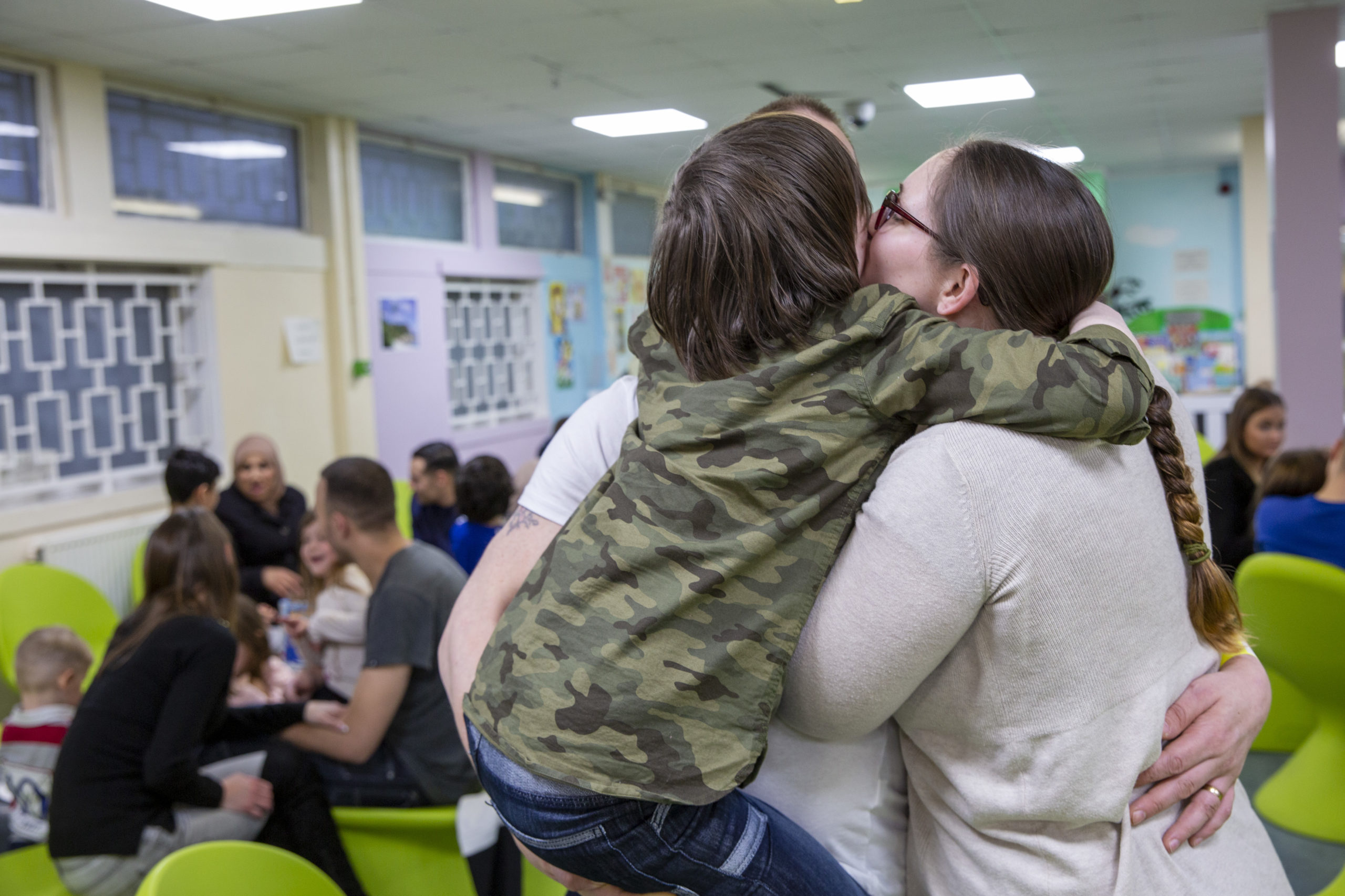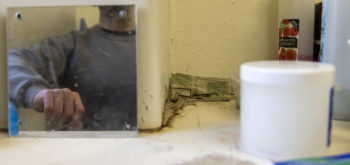New research has highlighted the severe emotional and practical impacts of increasingly long prison sentences on those who serve them and their families.
The Prison Reform Trust has released two reports, ‘The Lang Whang’, and ‘The Long Stretch 2’ detailing the problems caused by long prison sentence in England, Wales and Scotland. It finds that parents and children are losing years of birthdays, holidays and ordinary moments to long prison sentences. ‘No birthdays, no Christmas, no Sunday dinners together.’ One mother said after her sons’ conviction, calling it ‘a living bereavement’. Many families use the same words to describe their experiences.
‘The pain gets worse for some as the years pass’. Susie, whose son is serving a 23-year sentence, said: ‘It’s the worst thing that’s ever happened to me. It’s completely ruined my life. I’ll never, ever come to terms with it.’
‘I had to fathom how to stop his business he’d set up, deal with all of his affairs. How the hell do you get a car sold when you need the V5 signed, I can’t just take the V5 into prison.’
Some also experience a high financial toll with many going without basic essentials so they can pay for visits or keep phone accounts topped up: ‘That’s my priority. So, I would go without to make sure he’s ok’, said one of those people interviewed. Many of the 133 people involved in the study said prisoners should be entitled to one free phonecall a week with a named person in order to maintain family ties.
‘The stigma can also be difficult… Although he’s not dead, we’re grieving him because I’ve lost him for 20 years… that agony goes on for 20 years’, one mother told researchers about her son. Some experience social isolation or even direct hostility: ‘My house was on the front page of the Daily Record. I had two cars firebombed, the house caught fire’.
Participants in the report also highlighted that their situation was worsened if they didn’t feel heard during the legal process, or perceived the outcome of the trial had been unjust or disproportionate. Some raised specific issues about unfairness around joint enterprise charges and the uncertainty of IPP sentences.
The children of prisoners also face discrimination and trauma. According to the report, up to 27,000 Scottish children each year experience parental incarceration, often losing years of family life. Approximately 45% of prisoners lose contact with their families after entering prison and 22% of those who were married become divorced or separated.
Support remains ‘patchy’. Practical help for navigating prison bureaucracy is inconsistent, empathy from staff is uncommon, and policies meant to treat families with dignity rarely deliver in everyday experience.
Campaigners demand a renewed focus on the vital role of family ties and consistent support and trauma-informed practice in Scotland. ‘Supporting families is not an optional extra, it is fundamental to building safer communities’.







